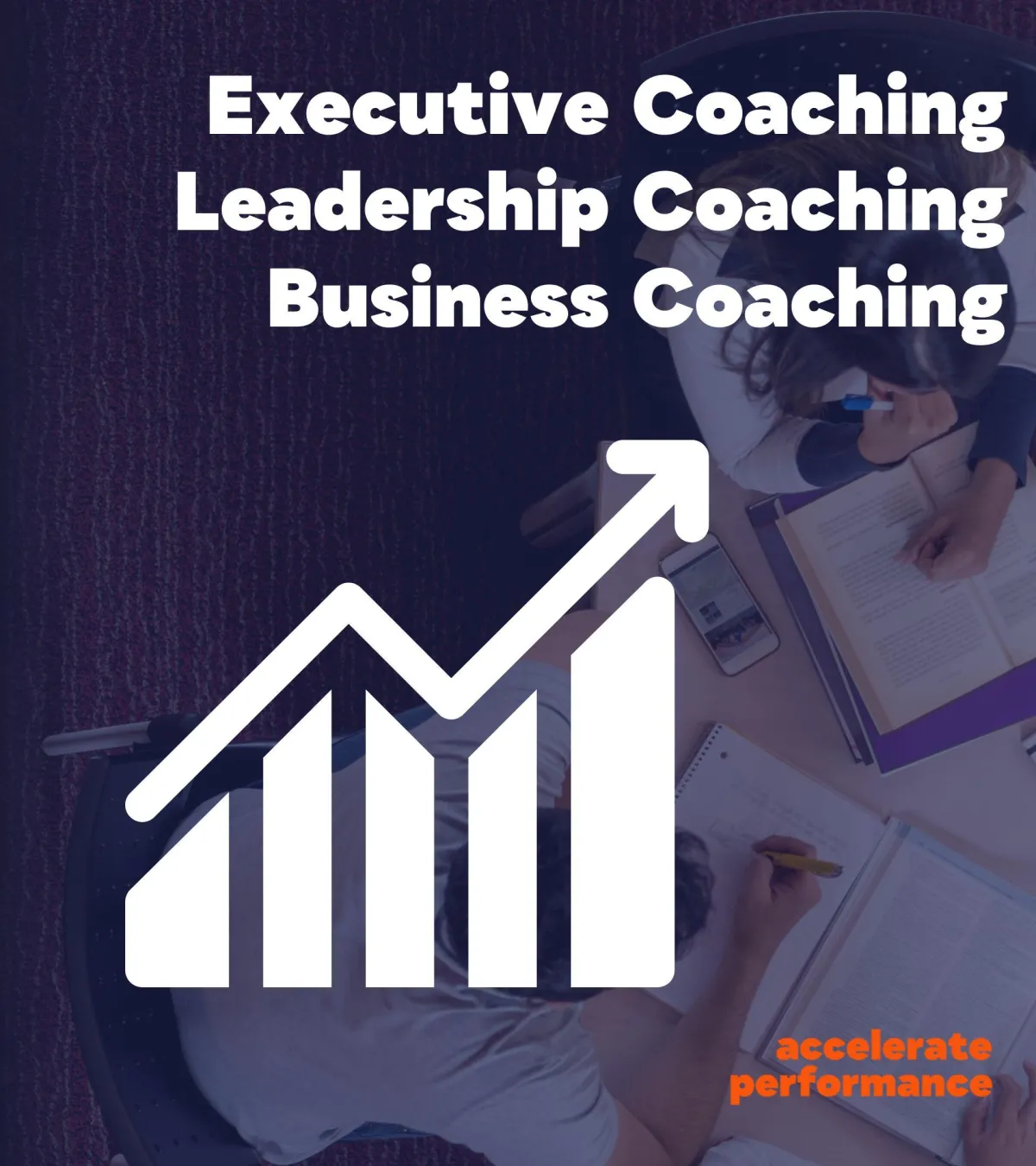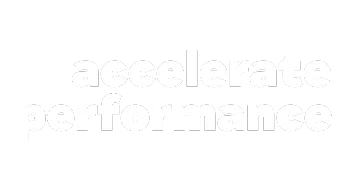We’ve Got You Covered

Lead Generation
Social media Ads, Google ads or totally free lead gen strategies; we have the tried & proven know-how to get you qualified leads that convert.

Social Media Management
Managing your socials doesn't have to be overwhelming. Save time on scheduling content and responding to comments and messages.

Content Creation
Whether you need blog posts, website copy, or social media updates, we can help you stand out from the pack and attract more customers.

Sales Funnels
We specialise in creating a custom funnels that fits your unique needs and helps you convert more leads into customers.

Reputation Management
With our Review Request System™, we can help you build a positive online presence and ensure that your customers see you as the best option.

SMS Marketing
Incredibly effective way to reach new customers, increase loyalty among current customers, and drive more sales at low cost. When done right.

Website Development
We'll work with you to create a website that reflects your unique brand and that will help you stand out from the competition.

Email Marketing
We'll help you create eye-catching emails that will grab your readers' attention, and turn it into action in form of more replies and sales.
Executive Coaching, Leadership Coaching & Business Coaching in the UK
Unlock your potential. Accelerate your career. Transform your business.
Why Coaching Works
Unlike training courses, executive and leadership coaching is practical, personalised, and focused on real-world challenges. Each session is tailored to the individual, delivering immediate insights and long-term transformation.
The result?
Individuals grow faster, earn more, and achieve more.
Businesses reduce costs, perform better, and retain top talent.
Executive Coaching UK – for C-suite and senior leaders
Leadership Coaching Benefits – for managers and future leaders
Business Coaching Services – for entrepreneurs and high-growth organisations
Are you ready to unlock your potential or develop your leadership team?
Contact us today to discover how executive coaching and business coaching can accelerate growth for you and your business.

Executive Coaching & Leadership Coaching for Individuals
If you’re ambitious and want to rise faster in your career, executive coaching and leadership coaching give you the tools to succeed. Unlike generic training programmes, coaching is personalised, confidential, and results-driven – designed to help you overcome challenges and achieve measurable progress.
With professional coaching, you can:
Accelerate career progression – step into senior roles faster with the confidence to succeed.
Increase earning potential – coaching helps you build the skills businesses reward most.
Develop leadership presence – learn how to influence, inspire, and lead teams effectively.
Take on more responsibility – expand your role and prove you’re ready for the next step.
Build resilience and adaptability – thrive in fast-changing business environments.
Executive coaching in the UK is now one of the most powerful investments professionals can make in themselves – driving faster career growth, higher salaries, and lasting success.
Business Coaching & Leadership Development for Companies
For businesses, investing in regular coaching for executives and senior leaders delivers a direct return on investment. Stronger leadership creates stronger businesses.
The benefits of business coaching services include:
Cost reduction – clearer decision-making reduces waste and inefficiency.
Efficiency gains – leaders learn how to optimise people, systems, and resources.
Revenue growth – inspired leadership drives innovation, strategy, and performance.
Improved customer relationships – coached leaders build trust and deliver better experiences.
Lower sickness & employee churn – effective leadership reduces stress and improves retention.
Future-proof leadership pipeline – ensuring continuity and growth in competitive markets.
In short: executive coaching for businesses creates measurable results – higher profits, lower costs, and more engaged employees.
Executive & Leadership Packages
Package 1: Strategic Vision & Organisational Leadership
Purpose: For executives who want to sharpen their strategic thinking, develop long-term vision, and enhance their ability to lead organisations through growth and change.
Programme Overview:
Session 1: Defining authentic leadership style and strengths
Session 2: Strategic visioning – shaping the future of the organisation
Session 3: Systems thinking & decision-making in complexity
Session 4: Leading through uncertainty and change
Session 5: Aligning organisational values, culture, and strategy
Session 6: Building high-performing executive teams
Session 7: Stakeholder mapping and influence strategies
Session 8: Managing organisational risk and resilience
Session 9: Executive presence and communication at the board level
Session 10: Consolidation & long-term leadership roadmap
Package 2: Executive Presence & Influence
Purpose: For leaders looking to refine gravitas, communication, and influence to operate effectively at board and stakeholder levels.
Programme Overview:
Session 1: Understanding executive presence & personal brand
Session 2: Storytelling for impact – influencing through narrative
Session 3: Communication mastery – verbal, non-verbal, virtual
Session 4: Emotional intelligence & empathy in leadership
Session 5: Influence without authority – navigating power dynamics
Session 6: Persuasive presentations & media/boardroom confidence
Session 7: Managing conflict with authority and diplomacy
Session 8: Negotiation strategies & stakeholder engagement
Session 9: Leading with authenticity and trust
Session 10: Future positioning – embedding influence and visibility
Package 3: Leading People & Culture
Purpose: For executives seeking to create thriving, high-performance cultures that attract and retain top talent.
Programme Overview:
Session 1: The psychology of leadership – motivation and mindset
Session 2: Defining organisational culture and values
Session 3: Talent management & succession planning
Session 4: Coaching and mentoring skills for executives
Session 5: Inclusive leadership and diversity strategies
Session 6: Driving engagement and innovation through culture
Session 7: Leading through difficult conversations and feedback
Session 8: Building resilience and wellbeing in leadership teams
Session 9: Change leadership – embedding new behaviours
Session 10: Sustaining a legacy of people-focused leadership
Package 4: Resilience, Performance & Growth
Purpose: For executives who want to strengthen resilience, optimise performance, and maintain sustainable growth in demanding environments.
Programme Overview:
Session 1: Defining peak performance for executives
Session 2: Energy and time management for sustainable leadership
Session 3: Cognitive resilience – managing stress and pressure
Session 4: Building habits for high performance
Session 5: Growth mindset & continuous learning at the top level
Session 6: Emotional agility – adapting to challenges
Session 7: Decision-making under pressure
Session 8: Work–life integration for executive wellbeing
Session 9: Leading by example – resilience in the boardroom
Session 10: Long-term executive growth plan
Note: These are examples of our popular packages. Packages can be created to suit the individual based on their current situation and goals. There is complete flexibility.
One-to-One NLP Coaching
Focus on Personal and Professional Change with first class NLP Coaching
Do you feel you could achieve more? Or feel stuck where you are right now?
Do you want to change jobs or go for that promotion?
Or, maybe, you could benefit from clearing out those negative and limiting thoughts that hold you back?
Whatever it might be, our one-to-one NLP Coaching will enable you to unleash your full potential.
These sessions are typically run online for between 1-2 hours per session and are comprehensive.
1-2 hours per session
Online via Zoom
A series of sessions
Breakthrough* session included
Create Your Future® included
Ongoing email support option
What is a *Breakthrough Session?
To give you the best opportunity to implement your newfound focus, objectives, goals, plans, or whatever you are changing, we will guide you through a 'Breakthrough Session' that enables you to clear limiting decisions, negative emotions, and other elements that have been holding you back. We help you Break Through these factors so you can move forward with purpose.

The Four Dimensions of Performance Energy | Accelerate Performance
We've built entire management philosophies around time. Track it. Optimise it. Squeeze more from every minute. The logic seems bulletproof: time is finite, so maximising it maximises output.
Except it doesn't.
The UK economy loses £28 billion per year to work-related stress and burnout. That's not a rounding error. That's a systemic failure of how we think about performance.
The problem isn't that leaders work too much. The problem is that we're managing the wrong variable entirely.
Time Is Finite, Energy Is Renewable
Time management gave us structure. It made chaos manageable. But it also created a dangerous illusion: that presence equals performance.
An executive sitting in back-to-back meetings for twelve hours hasn't accomplished twelve hours of valuable work. They've depleted themselves to the point where their decision-making becomes compromised, their creativity vanishes, and their leadership impact collapses.
Energy operates differently.
Unlike time, which marches forward regardless of how we feel about it, energy can be systematically expanded and regularly renewed. Physical, emotional, mental, and spiritual energy can all be managed, optimised, and sustained through deliberate practice.
This isn't theory. Research at Wachovia Bank demonstrated that employees who participated in an energy management programme achieved a 13 percentage point greater year-over-year increase in loan revenues compared to a control group. They exceeded the control group's gains in deposit revenues by 20 percentage points.
The difference wasn't more hours. It was better energy.
The Four Dimensions of Performance Energy
Physical energy forms the foundation.
Your body operates on natural cycles called ultradian rhythms. Every 90-120 minutes, you move from high energy to physiological troughs. Heart rate increases, then declines. Alertness peaks, then drops. Muscle tension rises and falls.
Fighting these rhythms is like swimming against a riptide. You can do it for a while, but eventually you'll exhaust yourself.
Leaders who align their work with these natural cycles report dramatically better performance. Research shows that seven hours of sleep correlates with the highest cognitive performance, with decline occurring for every hour above or below that duration.
Sleep quality alone accounts for nearly 25% of variance in cognitive performance. For executives making critical decisions under pressure, that's not a minor factor.
Emotional energy determines the quality of your engagement.
You can be physically present and mentally sharp, but if you're emotionally depleted, your leadership suffers. Frustration, resentment, and anxiety drain energy faster than any physical exertion.
The solution isn't to suppress these emotions. It's to develop practices that defuse them before they compound. Deep breathing, expressing genuine appreciation, and reframing challenges through different perspectives all restore emotional reserves.
Leaders who manage emotional energy don't just feel better. They create environments where others can perform at higher levels.
Mental energy governs your ability to focus.
Interruptions fragment attention. Email notifications, Slack messages, and unscheduled conversations create what researchers call "attention residue." Part of your mind remains stuck on the previous task even as you move to the next one.
The cost accumulates invisibly. You feel busy. You are busy. But you're not producing your highest-value work.
Designating specific times for email, establishing no-meeting blocks, and tackling your most important work first thing in the morning aren't productivity hacks. They're energy management strategies that protect your mental capacity for what matters most.
Spiritual energy connects work to meaning.
This dimension gets overlooked in business contexts, but it's perhaps the most powerful. Spiritual energy comes from aligning your daily activities with your deeper values and sense of purpose.
Leaders who operate in their "sweet spot" (activities that provide effectiveness, absorption, and fulfilment) sustain energy that others can't access through willpower alone. They're not grinding through their days. They're energised by work that feels meaningful.
When you allocate time to personal priorities and live your core values in everyday behaviours, you tap into a renewable energy source that transcends conventional motivation.
The Organisational Responsibility
Individual energy management matters, but organisational culture determines whether it's possible.
Companies that create renewal rooms, subsidise gym memberships, establish no-meeting zones, and collectively agree to stop checking email during meetings send a clear message: we value sustainable performance over performative busyness.
Leaders who visibly commit to these practices give others permission to do the same. When executives leave the office at reasonable hours, take proper breaks, and protect their energy, it cascades through the organisation.
The return on investment is substantial. For every £1 spent on supporting mental health and wellbeing, employers get approximately £4.70 back in increased productivity.
That's not soft skills. That's hard mathematics.
The Competitive Advantage Hiding in Plain Sight
Most organisations still operate on the time-management paradigm. They measure hours, track attendance, and reward those who appear most busy.
This creates an opening.
Companies that shift to energy management gain access to performance levels their competitors can't match. Their leaders make better decisions. Their teams sustain higher output without burning out. Their top talent stays instead of leaving for "better work-life balance" elsewhere.
The transformation requires courage. You'll face resistance from those who equate long hours with commitment. You'll need to model new behaviours before others feel safe adopting them. You'll have to measure differently, focusing on outcomes rather than inputs.
But the alternative is watching your best people deplete themselves in service of a productivity myth that stopped working the moment knowledge work became our primary economic activity.
What Changes When You Manage Energy
The shift from time management to energy management isn't subtle.
Leaders start their days differently. Instead of immediately checking email and allowing others' priorities to dictate their attention, they tackle their most important work when their mental energy peaks.
They structure their schedules around energy cycles rather than arbitrary time blocks. A 90-minute focused work session followed by a genuine break produces more value than three hours of distracted effort.
They pay attention to physical signals. Fatigue isn't weakness to be pushed through. It's information about when renewal is needed.
They protect emotional energy by setting boundaries, expressing appreciation, and refusing to let negative emotions compound throughout the day.
They connect daily activities to larger purpose, ensuring that their work feeds rather than drains their spiritual energy.
Most importantly, they recognise that sustainable high performance isn't about working harder. It's about working from a full tank instead of running on fumes.
The New Contract Between Organisations and People
The current employment relationship is extractive on both sides. Companies try to get as much as possible from employees before they leave. Employees try to extract maximum compensation and benefits before moving on.
Energy management suggests a different arrangement.
Organisations invest in people across all dimensions of their lives: physical health, emotional wellbeing, mental capacity, and spiritual fulfilment. In return, individuals bring their full energy to work, not just their depleted leftovers.
This mutual investment creates a compounding advantage. Well-energised leaders develop better strategies, build stronger teams, and execute more effectively. Their organisations outperform competitors who are still squeezing the last drops from burned-out talent.
The companies that understand this first will attract and retain the leaders others can't keep.
Where This Leaves You
If you're leading people, you're managing energy whether you realise it or not.
The question is whether you're managing it deliberately or letting it deplete by default.
Every meeting you schedule, every email you send at midnight, every expectation you set about availability sends a message about what you value. If that message is "be always on," you're training your team to drain their energy until there's nothing left.
The alternative requires intention. It means designing work around human energy cycles. It means creating cultural permission for renewal. It means measuring what matters rather than what's easy to track.
It means acknowledging that the executives who leave at reasonable hours, who take real breaks, who protect their energy aren't less committed. They're more effective.
Your competitors are still counting hours. You could be optimising energy instead.
That's not just a better way to work. It's a strategic advantage hiding in plain sight.
Let our happy customers tell their story
We think our courses and coaching are great, but our customers should have the last word. Here is a selection of endorsements.

Accelerating Your Performance Every Day
Accelerate Performance is on a mission to enable people and business to achieve great things through Advisory, Coaching, Consulting, Executive Leadership Development, and Training. .
© Copyright 2013 - 2025 - Accelerate Performance
Made with ♥ In London, GB
